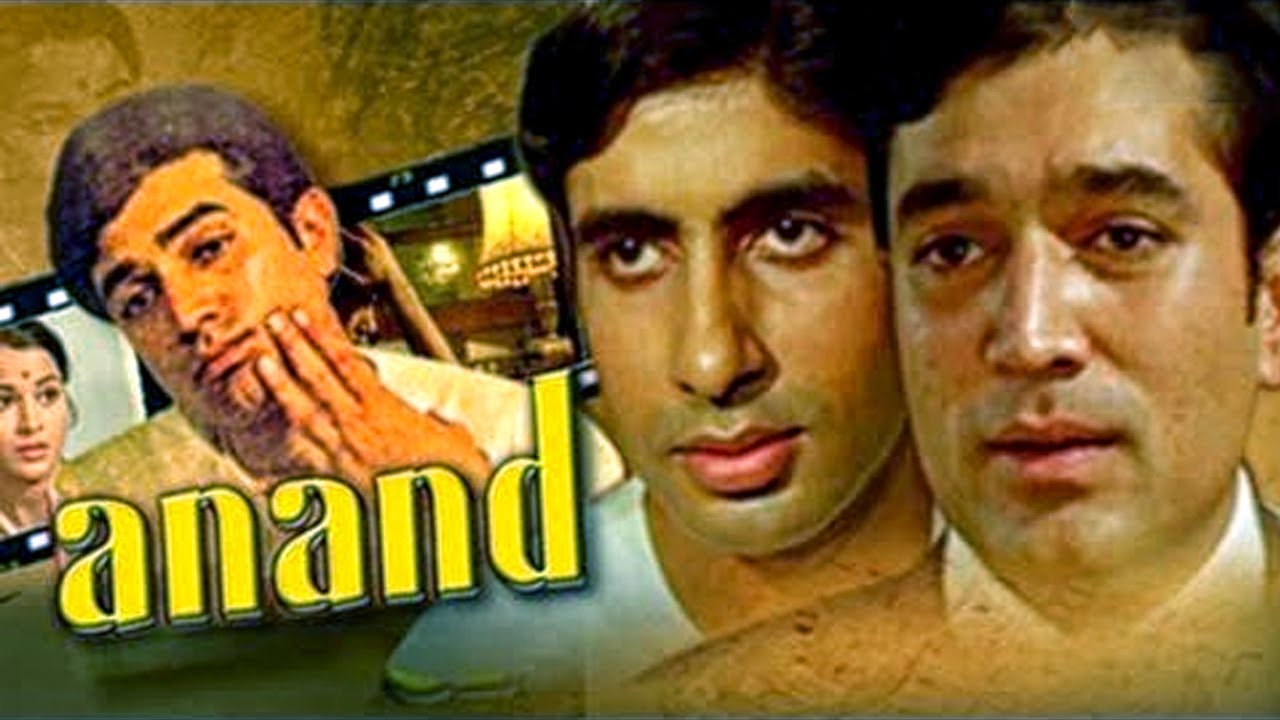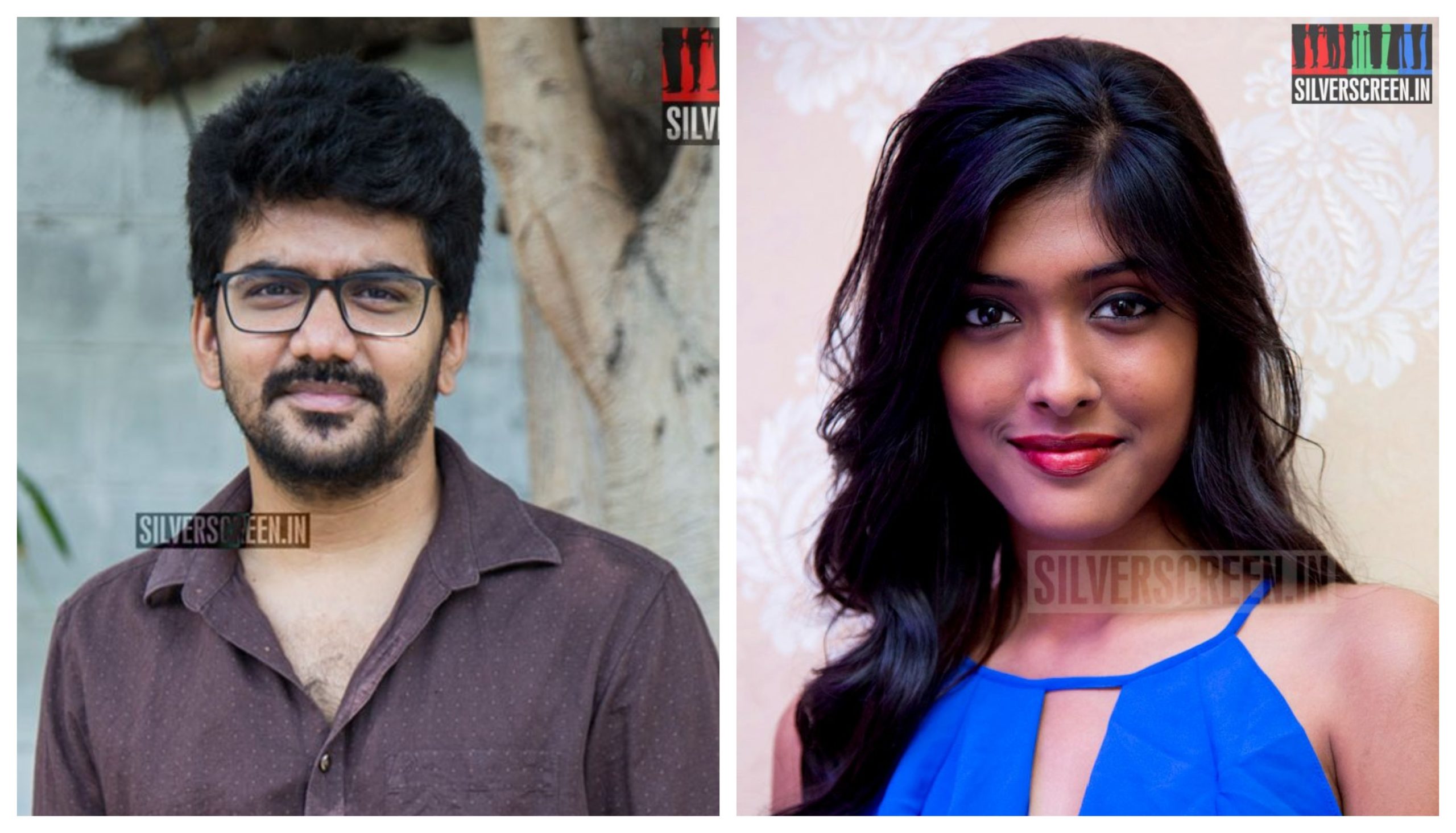In recent times, there isn’t an actor who embodies the …spirit of Chennai than Dhanush. From his debut in Selvaraghavan’s Thulluvadho Ilamai to his recent Velaiyilla Pattathari 2, the actor has continuously chosen films that reflect facets of the city – the perfect, and the imperfect.
Mostly, the imperfect.
Dhanush’s rise to Superstardom did not happen overnight. It happened over a decade and a half of experimenting with cinema, and consciously dabbling in the kind that played to the gallery. Nothing about Thulluvadho Ilamai‘s (2002) sombre, barely-stubbled Mahesh hinted at the confident swagger that Maari‘s (2002) Maari would exhibit one day. Or, the mass hysteria that would follow ‘Danga Maari Oodhari‘ whenever it is played. Dhanush – in what seems as a deliberate, calculated move – chose to have a distinct massy identity, and boy, did that work to his favour. Not even Karthi, the star of Ranjith’s Madras (2014), could trump Dhanush in capturing the city’s personality through his movies. Now a director and producer in his own right – choosing films that tap into the well called popular culture – the actor, who’d trotted after Sonia Aggarwal in Kadhal Kondein (probably the only time his female lead was in sharp focus), is well and truly a star.
Even if not the most socially-conscious.
In Thulluvadho.., Dhanush played the angry son of a fisherman, so intent on running away from his station in life that he didn’t quite understand the consequences his actions may bring. The actor was reportedly not comfortable acting in the film, and he looked noticeably strained throughout. And yet, despite the raw nature of the film and the uncomfortable issues it chose to address, Dhanush shone. The film was iconic, for it fully depicted (in a first, perhaps) the burgeoning sexuality amongst adolescents. At the time it released, it was feted as a cautionary tale for school going children who dared to explore their sexuality, but at its core, it was really a celebration of young love, and all that it entailed. Tamil cinema, till then, followed the rules when it came to romance between teenagers. Dhanush’s debut was a game changer in that regard. The connect to Chennai in his debut, is tenuous yes, but at the time it released, many young men saw in Dhanush’s character, a facet of themselves. The movie also came at a time when Chennai was experiencing the IT boom. As such, his romance with the privileged classmate (Sherin) can be seen as an exploration of this time.
Dhanush was still in that ‘too young’ phase that allowed him to play out-of-the-ordinary roles, when he appeared in Selvaraghavan’s 2003 film Kadhal Kondein. As a man with psychological issues, Dhanush stalked, abducted and nearly assaulted his college mate in the film. Selvaraghavan chose to shine a positive light on Dhanush’s actions in the film, and that proved to be problematic. At the time it released though, the film went on to garner rave reviews.
His third film, Thiruda Thirudi (2003), may have shown him as a man from outside Chennai, but the film’s popular ‘Manmadha Raasa’ song was something that belonged to the masses. Rendered most energetically by Malathy Lakshman, the song, and its high energy acrobatics made Dhanush more visible as a young star.
In the movie, he portrayed another Chennai standard – the townie who comes to the city in search of employment. Considering that a good chunk of Chennai is made up of these young men and women, the actor once again managed to tap into the pulse of the masses. There is more of the brash, arrogant Chennai man in Dhanush’s character in Thiruda Thirudi, than a small town lad.
Dhanush then followed it up with Sullan (2004), a film in which he began to cement his status as a ‘Chennai lad’. As the son of a corporation cleaner, Dhanush’s character belonged to the slums of the city. At first glance, the actor’s slight stature and pitch perfect accent make him indistinguishable from one of the housing board boys we’ve all seen. ‘Sullan’ refers to a street smart young man. The action scenes were plenty in this film, and all of them were unbelievable.
This was right around the time when Dhanush’s characters took on that chauvinistic tint. Dhanush, the man, would fall for a spirited woman. His love for the lady would often employ methods to make her more submissive.
In Sullan, the belly-baring Sindhu Tolani (read arrogant, Westernised woman) is made to recall her roots by a very Tamil man (Dhanush). As conservative Chennai grappled with issues brought on by globalisation, Tamil film directors addressed it in such malicious ways.
Selvaraghavan’s gangster epic Pudhupettai (2006) anchored Dhanush’s image to Chennai, specifically its dreaded North Madras suburb. As a young man who eventually goes on to become the city’s most dreaded gangster, Dhanush was vastly celebrated for it.
Right in the opening song, Enga Area, Dhanush and Selvaraghavan set the tone for the film, and its hero. Born into a poor household with a drunk for a father, Dhanush’s character goes through several trials and tribulations before succeeding. The actor’s unabashed portrayal of the North Madras lad meant that he came to be identified with that trope for years. Maari, a film by Balaji Mohan, made a decade later, would use this image to great effect.
Dhanush also played variations of his first few roles for some time. In Thiruvilaiyadal Aarambam, Yaaradi Nee Mohini, Padikkadhavan, Uthama Puthiran, he put on his street smart underdog face. While in Parattai Engira Azhagu Sundaram, Pudhukottayilirundhu Saravanan, Venghai, Dhanush was the outsider forced to take on forces bigger than him. While these roles did not propel him into superstardom, they did serve to separate him from the rest of the young actors. But, his problematic onscreen experiences with women continued. The directors he worked with would also mould their characters to fit this chauvinistic narrative. As a result, Dhanush’s roles were all supercilious and subtly dismissive of women. Nothing in his films suggested that he was willing to look at women as anything other than romantic leads.
*****
Polladhavan (2007), by Vetrimaaran, proved to be an iconic film in more ways than one. Together, this actor-director duo would go on to collaborate for a couple more films and set up a production stint as well. Their first production, Kaaka Muttai (2015), is so rooted in the Chennai of today that it’s hard to think of a Madras Day list that doesn’t mention the project.
In Polladhavan, Dhanush tapped into the urban youth’s mindset. He was young and middle class. Vetrimaaran chose to focus on the latter so that when the odds were stacked against the actor, it became all the more insurmountable. There were the usual commercial elements (the six pack fight sequence for one), but the film focused on a sole fact: Dhanush buying a bike for himself. Released at a time when bike ads were dime a dozen, and when buying a bike was practically a rite of passage, this film struck a chord with many.
Recommended
Fast forward a bit, and we come to another sterling Selvaraghavan – Dhanush collaboration – Mayakkam Enna (2011). At a time when many young people were quitting their engineering courses for careers in other fields, Dhanush played a man who wanted to make it big as a wildlife photographer. The film almost seemed to tell these directionless young men and women that it was okay to not follow the flock, and to chase dreams at any cost. The film also explored the deep seated psychological effects that rejection had on a sensitive artist. These portions were perhaps the hardest to watch in this movie as they glorified Dhanush’s abuse of his wife. Selvaraghavan always writes the most complex love stories and this one was no different. There was some repentance at the end, but by then, the damage was already one. Dhanush may have played a brilliant, tortured artist, but he was also an abusive misogynist.
The song, Kaadhal Yen Kaadhal, became particularly troublesome as it featured the lyrics ‘Adi da avala, odha da avala‘ (Hit her, kick her).
Through his wife’s Moonu (2012), Dhanush pandered to a different generation – one that wallowed in a ‘love failure’ song-fueled self-pity. Anirudh’s Kolaveri made him famous and also established his status as an actor in touch with the youth of today. The film was not as big a success as its soundtrack, but it did launch Dhanush – Anirudh as a force to be reckoned with. They’d go on to collaborate for several films, churning out songs and tunes reflecting Chennai’s culture and ethos.
In Velaiyilla Pattathari (2014), as an unemployed Civil Engineer, Dhanush, in his messy-haired, dirty lungi look, was distinctly middle class. This time around, Dhanush’s Raghuvaran was based in Ashok Nagar – a young man who actively followed Facebook groups and watched old Tamil films. When his pretty neighbour sees him sing, he quickly changes from an old fashioned Tamil song to one from Backstreet Boys.
With Anegan (2015), Dhanush managed to capture extremes of Chennai. In the 80s portion, Dhanush appeared as a curly haired don in love with a Mylapore girl. ‘Danga Maari’ proved to be yet another way for the actor to connect with his Chennai fan base, even as he played an IT engineer in the other portions.
His recent VIP 2 only served to increase his appeal as a mass hero with very local roots. But, it was his treatment of women that came to the fore yet again. Dhanush had written Shalini (Amala Paul) as a nagging shrew of a wife, while the villain, Kajol, was dissed as a power hungry, arrogant woman. For an actor who has played such complex grey shades in films, the women he stars with, and writes, are distinctly black and white.
Dhanush’s treatment of the feminine has been shabby in his decades-long career – and so, he is also inevitably linked to instances of stalking and misogyny onscreen. In many ways, the actor has given himself a hyper-masculine air. Now that he has taken filmmaking duties as well, it’s high time the actor stepped up to being gender-sensitive in his portrayal of women. The time of the brash, shrew-taming hero is past; Chennai is fast evolving, and we need sensible, thoughtful stars.
*****



